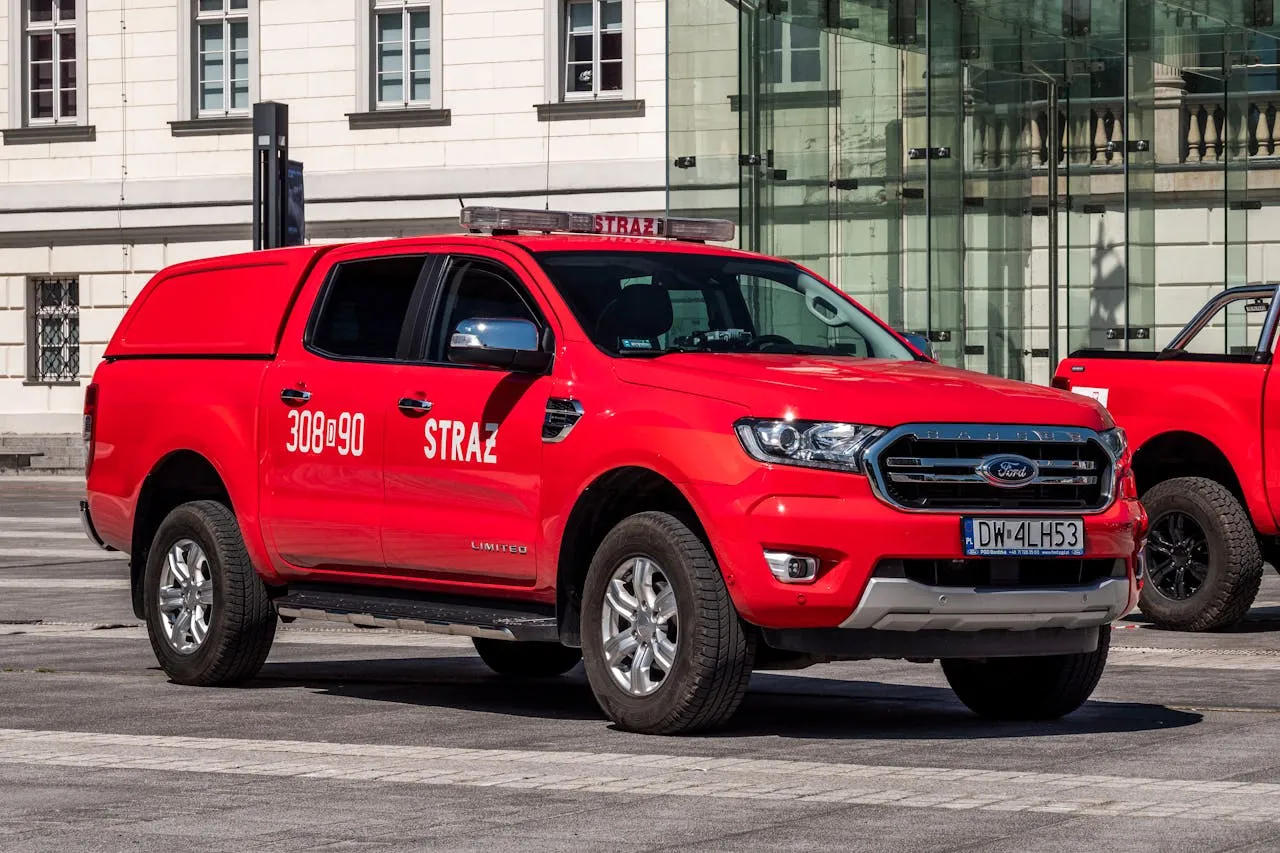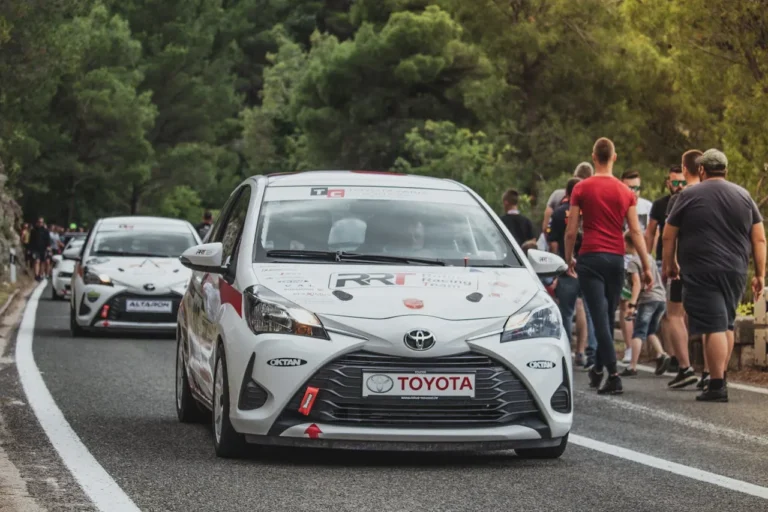
Hydrogen Automotive TIC Market to Nearly Double by 2030 as Hydrogen Vehicle Adoption Accelerates
The global market for hydrogen automotive testing, inspection, and certification (TIC) is set for substantial growth over the next several years, driven by increasing demand for zero-emission vehicles, heightened safety regulations, and significant investments in hydrogen fuel infrastructure. According to a recent report titled “Hydrogen Automotive Testing, Inspection, and Certification (TIC) Market by Service (Testing, Certification, Inspection, and Other Services), Region (Asia Pacific, North America, Europe) – Forecast to 2030”, available via ResearchAndMarkets.com, the market is projected to rise from USD 18.3 million in 2024 to USD 35.8 million by 2030, registering a compound annual growth rate (CAGR) of 11.8%.
Industry Overview and Market Drivers
Hydrogen fuel cell vehicles are emerging as a vital component in the global transition to sustainable mobility. Governments across major regions are tightening vehicle emissions standards and offering incentives to promote the adoption of hydrogen-powered transport solutions. These factors are creating a pressing need for robust quality assurance frameworks to ensure vehicle safety, performance, and compliance.
The hydrogen automotive TIC market plays a central role in this ecosystem, providing specialized services that include vehicle and component testing, regulatory certification, and routine inspection. As the complexity of hydrogen systems increases—particularly those involving high-pressure fuel tanks, pipelines, and fuel cells—the demand for TIC services is intensifying.
Among the primary drivers of market growth are:
- Increased deployment of hydrogen fuel cell vehicles across commercial and public transportation sectors.
- Stringent safety and emissions regulations in key automotive markets like Europe, North America, and Asia Pacific.
- Government subsidies and infrastructure investments, including refueling stations and clean energy corridors.
- Global standardization efforts, supporting cross-border compliance and vehicle interoperability.
Competitive Landscape
The hydrogen automotive TIC market is dominated by established global players with strong technical expertise and extensive geographic reach. Leading companies in this space include:
- TUV SUD (Germany)
- UL LLC (United States)
- Applus+ (Spain)
- TUV Rheinland (Germany)
- Kiwa (Netherlands)
- Intertek Group plc (United Kingdom)
- DEKRA IN (Germany)
- Societe Generale de Surveillance (SGS) SA (Switzerland)
- Southwest Research Institute (SwRI) (United States)
- Apave (France)
These organizations are at the forefront of innovation in hydrogen vehicle certification and compliance services, offering a mix of laboratory-based assessments and on-site inspections tailored to the unique challenges of hydrogen mobility.
Service Segment Analysis: Inspection on the Rise
By service type, the market is segmented into testing, inspection, certification, and other services. While testing continues to hold the largest market share, the inspection segment is expected to be the second-largest and one of the fastest-growing.
Inspection services are crucial throughout the entire lifecycle of hydrogen vehicles and infrastructure—from initial deployment to ongoing operation. These services ensure the structural integrity and performance of vital components such as hydrogen tanks, valves, pipelines, and fuel cells, especially given the high-pressure systems under which they operate.
With regulatory agencies mandating frequent checks and certifications for both vehicles and fueling stations, the inspection market is expanding to include mobile and in-service capabilities. The surge in hydrogen-powered public transport and logistics fleets further underscores the importance of reliable inspection frameworks.
Vehicle Segment Insights: Buses Emerge as a Key Growth Area
By vehicle type, the hydrogen automotive TIC market includes:
- Passenger cars
- Buses
- Light commercial vehicles
- Medium-duty vehicles
- Heavy-duty vehicles
- Internal combustion engine (ICE) hydrogen vehicles
Among these, buses are projected to be the second-largest segment by market share. This growth is closely tied to government mandates for zero-emission public transit, particularly in urban areas where air quality and sustainability are top priorities.
Hydrogen-powered buses offer advantages over battery-electric alternatives in terms of range and refueling time, making them ideal for continuous or long-distance operations. Countries across Europe and Asia, including Germany, Japan, and China, are investing heavily in hydrogen bus fleets as part of broader clean energy strategies. The resulting increase in fleet size has led to heightened demand for TIC services that can validate safety systems, storage capacity, and operational readiness.
Regional Trends: Asia Pacific Accelerates Hydrogen Mobility
The Asia Pacific region is poised to be the second-fastest-growing market for hydrogen automotive TIC services between 2024 and 2030. Several countries in the region are spearheading the global hydrogen transition through national roadmaps, infrastructure development, and industrial partnerships.
- Japan and South Korea are recognized leaders in hydrogen fuel cell technology and continue to push forward with vehicle deployment and refueling networks.
- China is rapidly scaling its hydrogen commercial vehicle fleet, particularly for urban delivery and municipal transit operations.
- Regional governments are investing in domestic fuel cell production and supporting R&D in hydrogen safety, performance, and emissions compliance.
The region’s robust automotive manufacturing base and innovation ecosystem are key enablers of hydrogen adoption, and with that comes the necessity for thorough and standardized TIC services to ensure safety and operational excellence.
Technology and Innovation: Enhancing TIC Capabilities
As hydrogen systems grow more sophisticated, TIC providers are investing in cutting-edge technologies to enhance the precision, speed, and effectiveness of their services. Innovations include:
- Non-destructive testing methods for detecting flaws in high-pressure vessels and fuel lines.
- Automated testing platforms that improve throughput and reduce human error.
- AI and IoT-enabled diagnostics that offer real-time monitoring of vehicle systems and predictive maintenance.
- Digital certification platforms to streamline compliance tracking across jurisdictions.
These advancements support the safe scaling of hydrogen mobility and contribute to broader industry confidence in the viability of fuel cell technology.
Notable Developments in the Hydrogen Mobility Ecosystem
Several recent developments highlight the growing momentum behind hydrogen vehicles and infrastructure, reinforcing the need for comprehensive TIC services:
- Hyundai Motor Company unveiled its XCIENT Fuel Cell tractor, a Class 8 fuel cell electric truck for the North American commercial market, at the 2025 ACT Expo. This marks a significant milestone in hydrogen vehicle commercialization in the heavy-duty segment.
- Nikola Corporation and E.ON SE signed a landmark agreement with The Richter Group, a logistics firm, to decarbonize its vehicle fleet using hydrogen-electric trucks. The agreement includes vehicle supply, green hydrogen provisioning, and dedicated refueling infrastructure—each of which requires rigorous TIC processes.
These initiatives showcase the industry’s transition from pilot programs to large-scale deployment, further increasing the demand for standardized testing, inspection, and certification practices.
Strategic Insights for Market Stakeholders
For businesses and policymakers, the hydrogen automotive TIC market offers several strategic opportunities:
- Product Innovation: Continued development of high-accuracy diagnostic tools and smart testing solutions.
- Market Expansion: Entering high-growth regions such as Asia Pacific and tapping into the expanding bus and commercial vehicle segments.
- Regulatory Alignment: Collaborating with international standards bodies to harmonize certification protocols and accelerate global adoption.
The global hydrogen automotive testing, inspection, and certification (TIC) market is entering a phase of rapid evolution and growth. Backed by favorable regulatory environments, technological breakthroughs, and strong public and private sector investment, the hydrogen mobility landscape is expanding quickly. With a projected CAGR of 11.8% through 2030, TIC providers are well-positioned to play a critical role in ensuring the safety, reliability, and regulatory compliance of hydrogen-powered vehicles and infrastructure worldwide.







